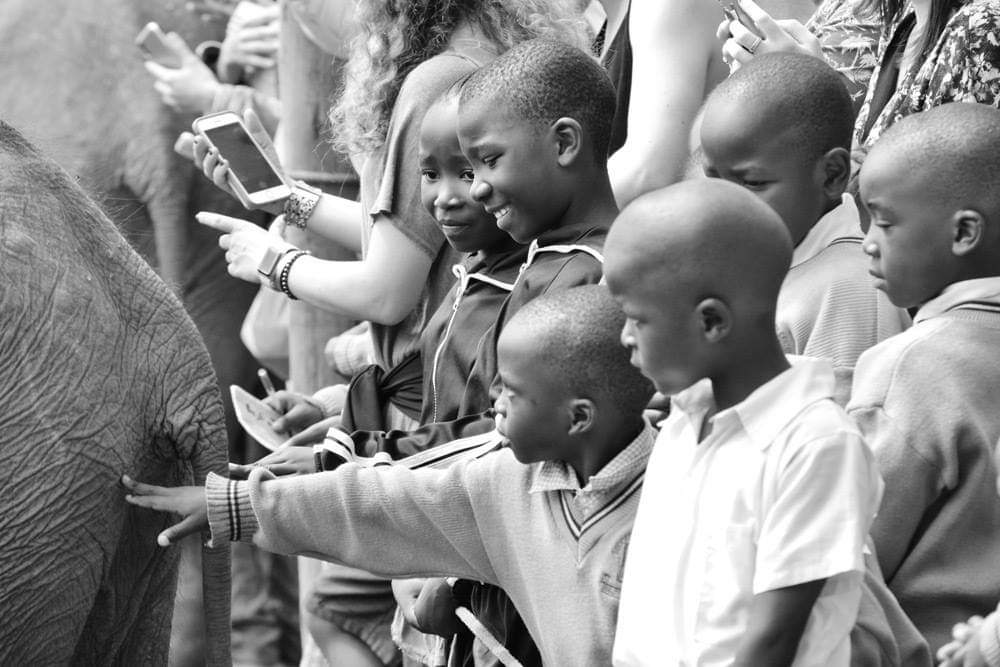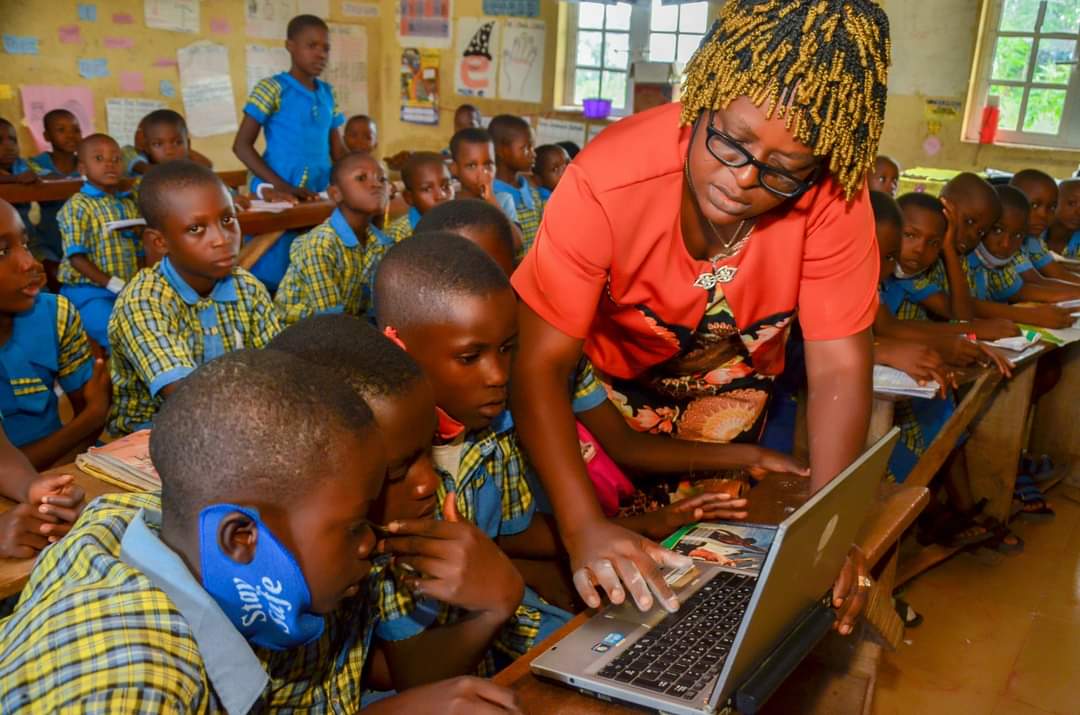Prison Fellowship declares 10 milion out-of-school children in Nigeria

Prison Fellowship declares 10 milion out-of-school children in Nigeria
Prison Fellowship declared that around 10 million children are out-of-school children in Nigeria.

For children from low-income families, rural communities, and children with disabilities, access to remote learning is largely out of reach. We must ensure they are in school and learning.
In Enugu, despite challenges posed by the COVID-19 pandemic, literacy has not taken a back seat, thanks to the adoption of a blended learning method in community reading hubs where children learn using computer-based educational content.
Prison Fellowship declares 10 milion out-of-school children in Nigeria
A faith-based non-governmental organisation, Prison Fellowship Nigeria (PFN), has declared that more than 10 million children are out-of-school in Nigeria.
According to the group, Nigeria has the highest number of out-of-school children in sub-Saharan Africa. The northern states in Nigeria have the highest numbers of these out of school children.

It warned that the number is a time bomb unless urgent steps are taken to engage “this army of indigent children.”
At the launch of the Promisepath mentoring and psychosocial support programme for 600 vulnerable and at-risk children in Lagos, yesterday, PFN Executive Director, Mr. Benson Iwuagwu, said: “Promisepath is the new programme designed to reach out to vulnerable and at-risk children, especially those whose parents are incarcerated.“The programme is based on Prison Fellowship Nigeria’s longstanding Angel Tree Christmas Programme, with added round components of education and community-based mentoring.”
See also 1,456 candidates miss university admission despite scoring above 300 in JAMB UTME
He added: “Beneficiaries of the Promisepath programme must be between the ages of four to18, in public primary or secondary schools in Nigeria, and whose parents are incarcerated.
This includes either sentenced or pre-trial detention in correctional facilities, as well as house arrest, where the house arrest prevents the parent from employment.”
Comments are closed.